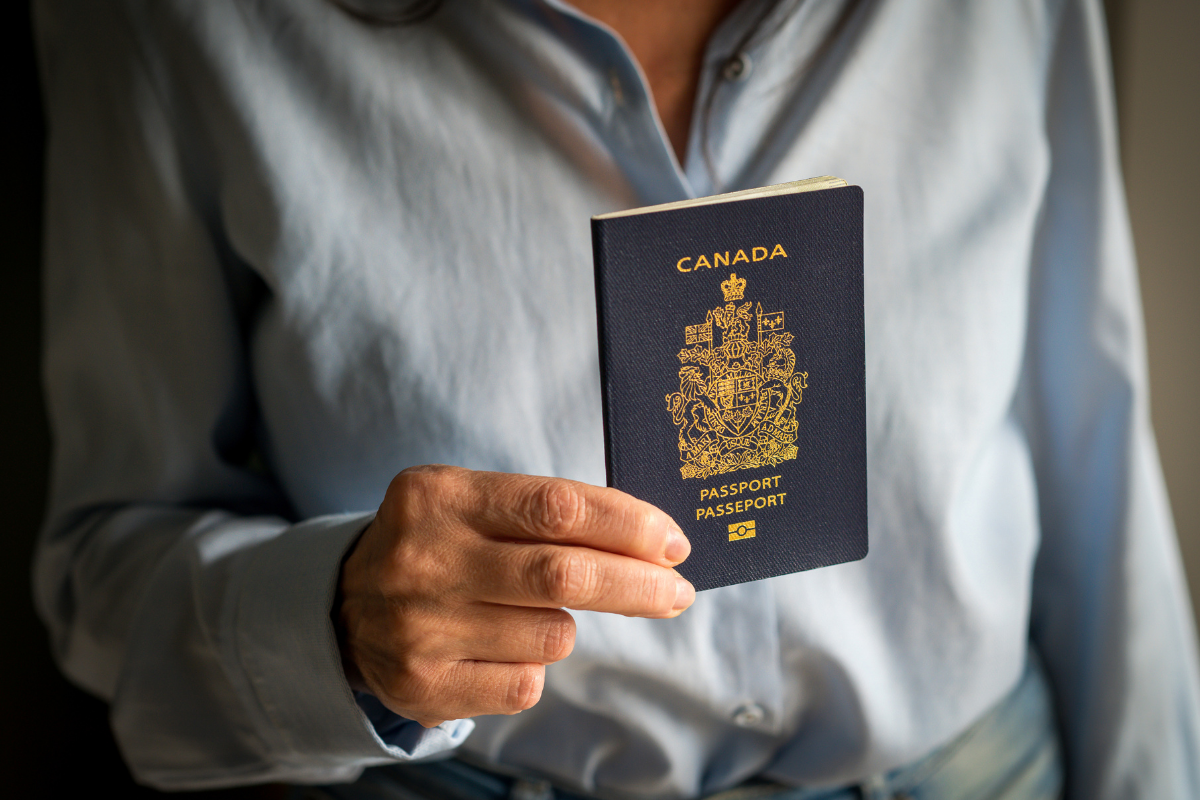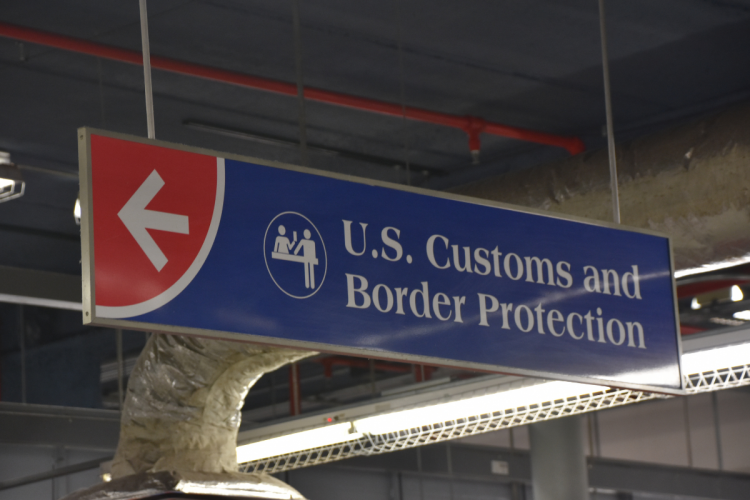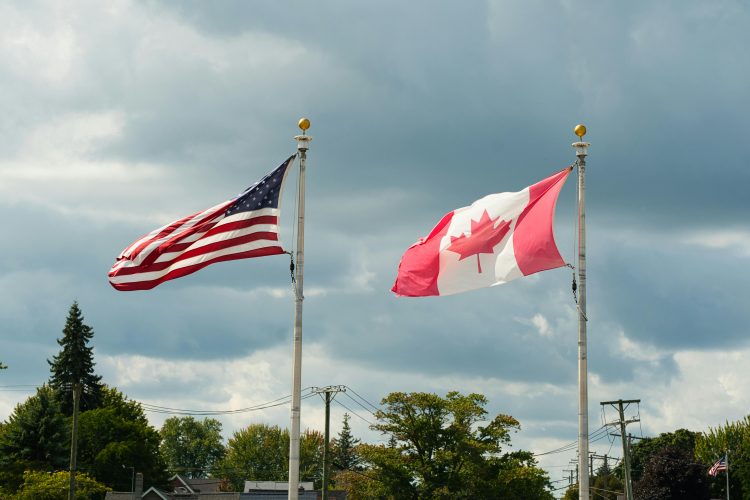Second generation Canadians born abroad one step closer to citizenship with Bill C-3
Bill C-3: An Act to Amend the Citizenship Act passes third reading.

Under Bill C-3, the Citizenship Act will be amended to resolve the unconstitutional effects of the “second-generation cut-off” rule. As a result, “lost Canadians” will have their Canadian citizenship restored where their Canadian parent has met certain residency requirements.
Under the “second-generation cut-off” rule, children who were born abroad to Canadian parents were not able to attain Canadian citizenship if their parents had also been born outside of Canada. This rule resulted in a large number of “lost Canadians” who were denied Canadian citizenship because of their birthplace.
After the Ontario Superior Court of Justice declared this rule unconstitutional in December 2023, a deadline for amending the Citizenship Act was set for November 20, 2025. The deadline for the finalization of the amendments has now been extended to January 20, 2026.
Bill C-3 completed its third and final reading on November 19, 2025, and received Royal Assent on November 20, 2025. It is set to come into force upon an order of the Governor in Council, a date for which has not yet been set.
Qualifying for citizenship under the amendments
Under the new amendments, second generations born abroad will be able to receive citizenship by descent if their parent who was born-abroad has a “substantial connection” to Canada.
To prove their “substantial connection,” the parent must be able to demonstrate that they physically lived in Canada for at least 1,095 days (or three years) before the individual’s birth or adoption. This is the same time frame that is required to obtain Canadian citizenship by naturalization. While it is not explicit in the legislation, lawmakers have indicated that this requirement will be 1,095 cumulative, not consecutive, days.
Canadian parents will have to submit evidence that they fulfilled 1,095 days of physical presence in Canada. For example, documents such as pay stubs, academic transcripts, leases and other records of physical presence in Canada can serve as evidence. These supporting documents will be reviewed by officers who will decide whether a substantial connection has been established.
Second generation born-abroad children will only receive citizenship by descent if their parent successfully demonstrates that they meet the 1,095 day residency requirement, or the so-called “substantial connection” test.
Importantly, this residency requirement only applies to the parent of the born-abroad child and not the born-abroad child themselves. As long as their parent can prove a “substantial connection” to Canada, the child will be a Canadian citizen, regardless of their residency.
Based on the legislation as drafted at present, the “substantial connection” test only appears to apply to those born after Bill C-3 comes into effect. Those “lost Canadians” born prior to Bill C-3 will likely be automatically eligible for a citizenship certificate, regardless of their connection to Canada.
Finally, based on the legislation as currently drafted, there does not appear to be a limit how far back the generational passing of citizenship can stretch. It is likely that all born-abroad individuals born prior to Bill C-3 who can prove that they are descended from a Canadian citizen will be Canadian citizens under these new rules. Individuals born after Bill C-3 comes into effect will be limited by the “substantial connection” test, but, as noted above, this test does not appear to apply to those born before Bill C-3’s implementation. This considered, individual eligibility and entitlement should be reviewed on a case-by-case basis.
Who will benefit from these amendments?
Many people live and start families outside of Canada for various reasons while still holding a genuine connection to this country. This amendment to the Citizenship Act will have particularly beneficial impacts for those individuals, recognizing their Canadian identity regardless of their birthplace.
Please note that, despite these changes to second-generation citizenship ability, first-generation Canadians born outside of Canada – that being the born-abroad child of a born-in-Canada Canadian parent – will not be subject to these changes. First-generation born-abroad Canadians continue to be automatic Canadian citizens and need not prove any “substantial connection” to the country.
The MLT Aikins immigration team will continue to monitor and report on the progress of Bill C-3 and how it may affect those with a potential claim to Canadian citizenship.
To learn more about how these changes could impact you, contact a member of the MLT Aikins immigration team today.
Note: This article is of a general nature only and is not exhaustive of all possible legal rights or remedies. In addition, laws may change over time and should be interpreted only in the context of particular circumstances such that these materials are not intended to be relied upon or taken as legal advice or opinion. Readers should consult a legal professional for specific advice in any particular situation.




